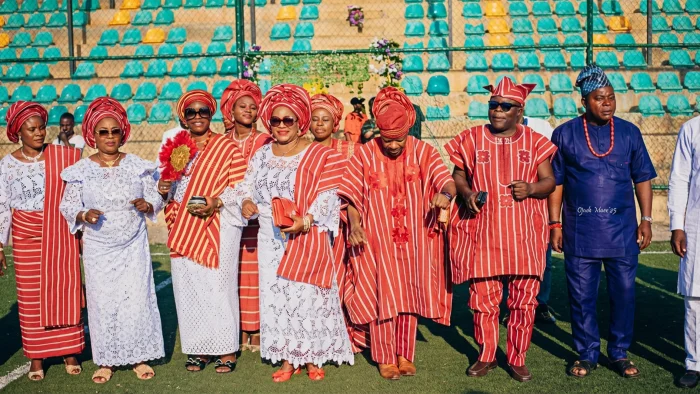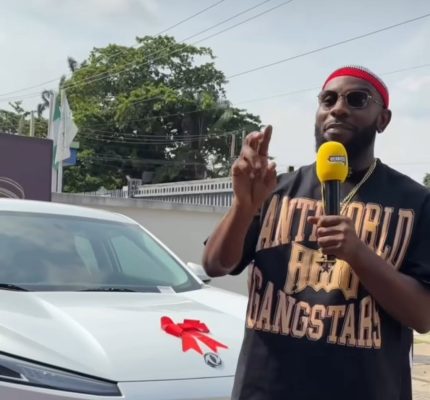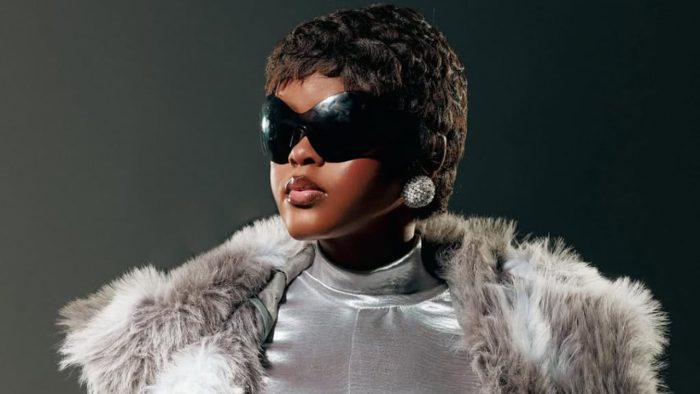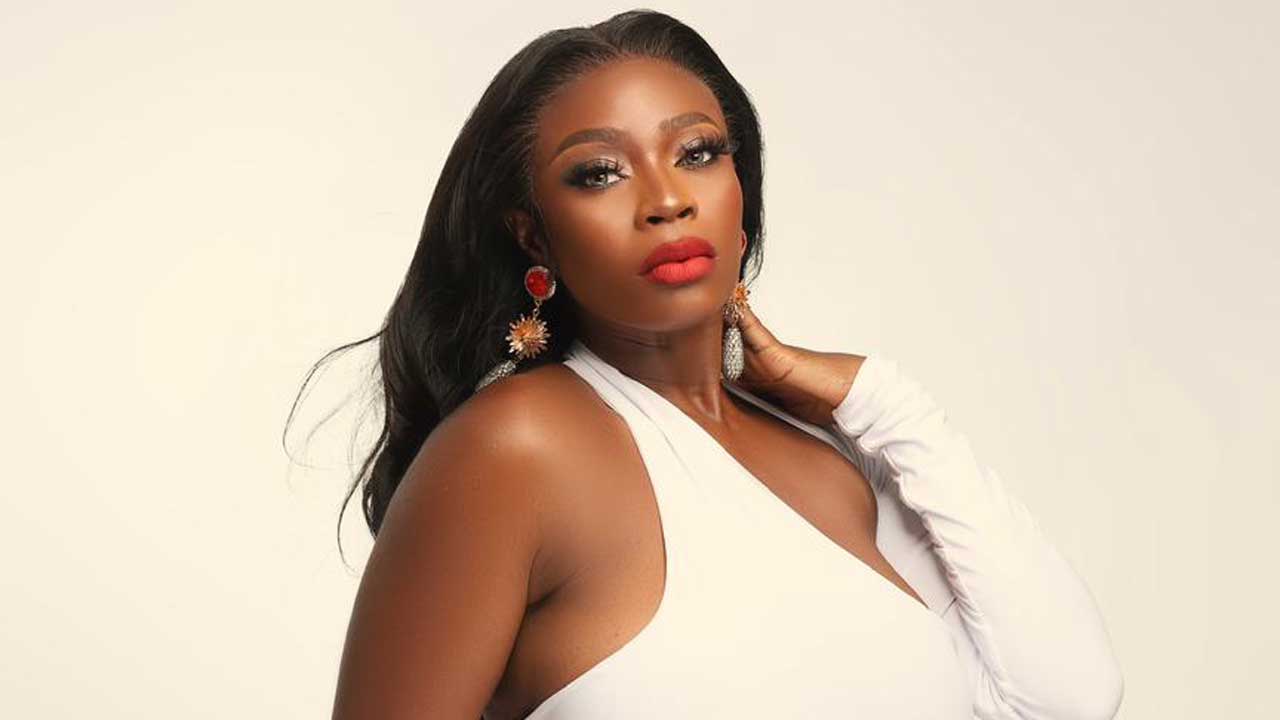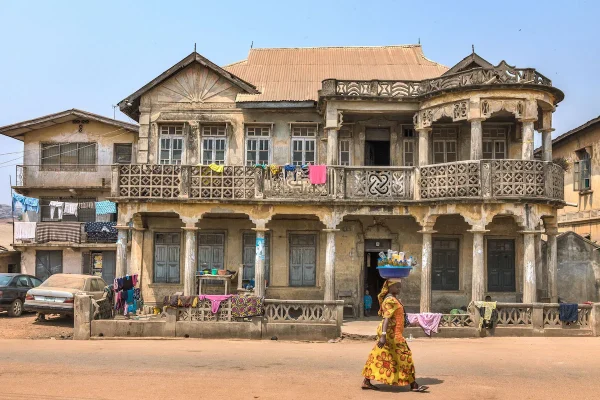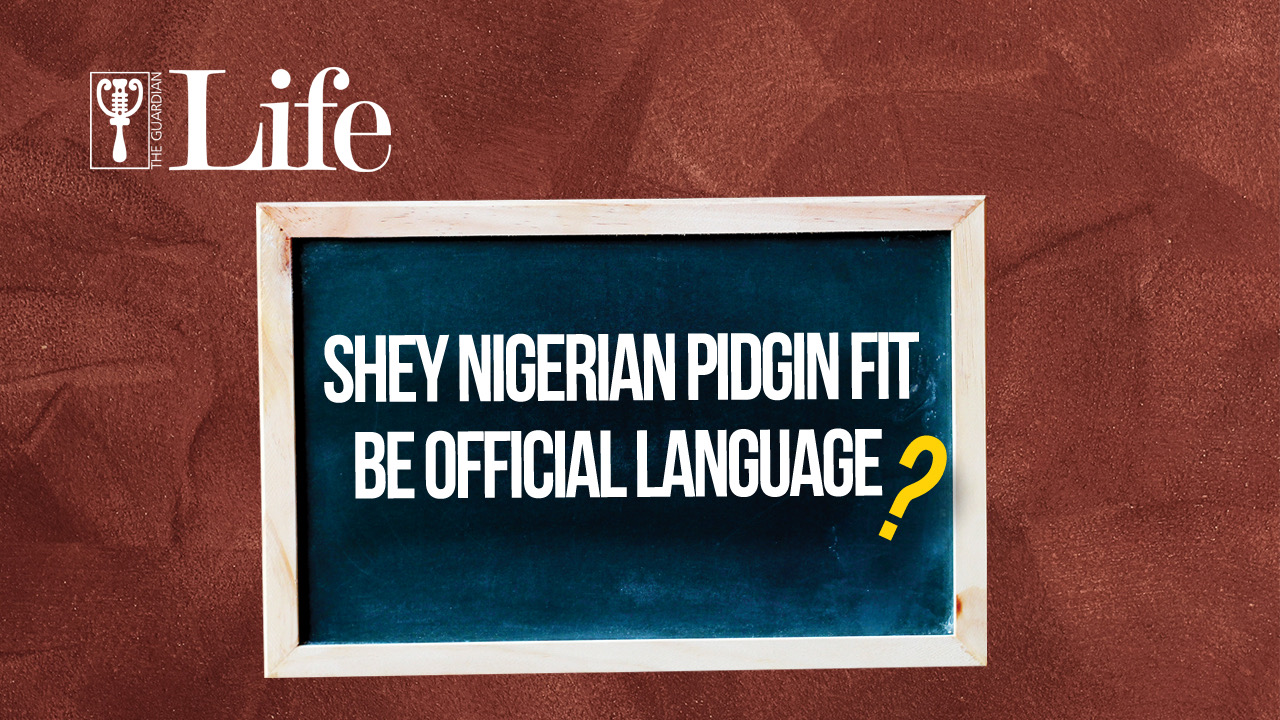
When popular broadcaster Tracy ‘Suo’ Chapele finished her English and Literature degree programme at the University of Benin, she was not aware her career in broadcasting would be kick-started by her ability to speak the Nigerian Pidgin effortlessly.
[ad]
Chapele grew up speaking the Nigerian Pidgin. The language is widely spoken in Warri where she was born, and it serves as the first language in some communities in the Niger Delta.
“I jumped into Pidgin [broadcasting] when I came to Lagos,” Chapele said. “It was more difficult to break through despite having a degree in English and Literature. But people seem to like how I sound when I express myself in my most basic form.”
The basic form she referred to is the Nigerian Pidgin, which is gaining more traction in the Nigerian media.
More than just Wazobia
In 2017, the BBC World Service started Pidgin digital platforms for its West and Central African audience. Ten years before, Wazobia FM, a radio station owned by Global Communications Limited, began broadcasting in Nigerian Pidgin.
Hitherto, the language had played bit-part roles on television and radio stations in Nigeria which were dominated by the English language and major local languages such as Yoruba, Hausa, and Igbo.
Wazobia, Nigeria’s most popular indigenous radio station, sees millions of listeners tune in every day from Nigeria, surrounding countries and the diaspora. The station uses Pidgin as a medium to reach and engage with people from across the country, irrespective of their class, educational background or language, a feature that accounts for its success.
[ad]
In fact, Wazobia was listed among the top three radio stations in Nigeria based on audience share as of Q4 of 2017. A GeoPoll report said the station was number one at the end of Q1 of the same year with 9.6% of the audience share.
Three years after Wazobia FM began operations, another radio station – Naija FM – debuted in Lagos on October 1, 2010, and has now spread its presence to Ibadan and Port Harcourt. Others such as Correct FM and Kpoko FM that came after Naija FM are also enjoying a level of acceptance.
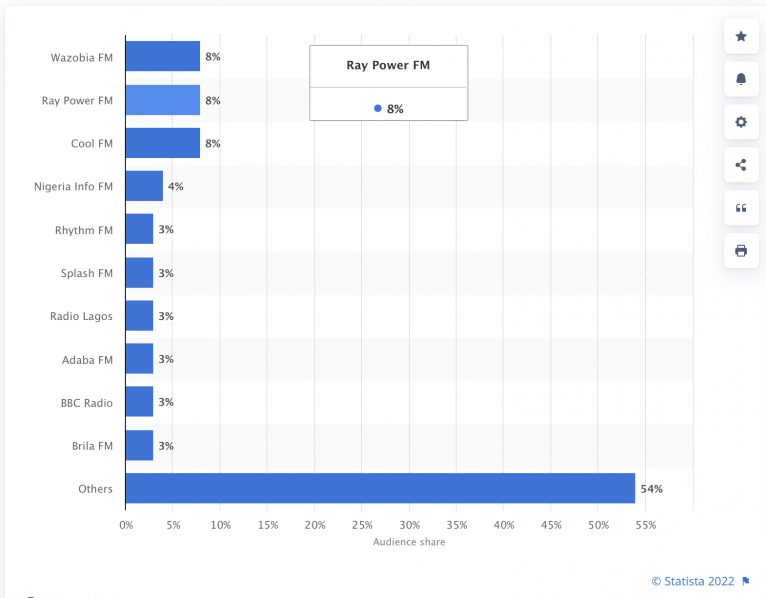
If the growth of these stations is any indication, Nigerian Pidgin plays an important role in unifying people across Nigeria.
A few studies published in the past 15 years said an estimated three million people in Nigeria use Pidgin as their first language and put the number of those who speak it as a second language at 75 million. While available research suggests there are more native speakers of Hausa, Yoruba, Igbo and, English—Nigeria’s national and official languages—this researcher says there are more speakers of the Nigerian Pidgin.
“[It] is not only the African language with the largest number of speakers but also the most widely spoken pidgin/creole language in the world,” Nichola Faraclas writes in The survey of Pidgin and Creole languages in 2013.
Apart from providing a linguistic rallying point for a multi-ethnic African country like Nigeria, where the promotion of one or few local languages can quickly snowball into a full-fledged ethnic crisis, Pidgin is also a unifier across the West African coast—especially in Ghana, Liberia and Sierra Leone. Nigerian Pidgin is also spoken in some countries that share boundaries with Nigeria like the Republic of Benin, a Francophone nation where a large number of Nigerians reside.
Despite its spread and number of speakers, the Nigerian Pidgin has no official recognition and is not even recognised as a language.
[ad]
Apart from it already becoming Nigeria’s national language without any official recognition, Nigerian linguist Kola Tubosun says its spread can provide much-needed answers to the country’s national yearnings if it is made an official language.
Although the English Language and Nigeria’s national languages provide the major materials that make up the Nigerian Pidgin, Tubosun says its birth is rooted in the first contacts with Portuguese merchants who came to trade on the coast and the hinterlands of West Africa.
Where did Nigerian Pidgin come from?
One of the first problems the Portuguese merchants faced was the language barrier. To trade successfully with West Africans, they needed a language both parties could understand.
“It is unclear what kind of Portuguese these sailors spoke, but it is possible (and even likely) that they spoke a crooked and unrefined one, also befitting of that societal class of illiterate seamen,” Tubosun wrote on his Ktravula blog in 2020. “The contact of that pirate-type ship-lingo Portuguese with the language of the coastal Africans resulted in what eventually became Pidgin, and later Nigerian Pidgin.”
The Nigerian Pidgin has since grown from the possible mumbo-jumbo it was in its infancy to become “probably the only organic Nigerian language that has achieved the regional spread that our national aspirations have called for over these years,” Tubosun said.
But because the Nigerian society is wont to defer to elitism, which sometimes manifests in the ability to speak ‘Queen’s English’, Pidgin was in the past designated the language of the uneducated, lower class.
The Nigerian Pidgin is, however, shedding that toga. It is now used in films, music, literature, on the streets, and it is, perhaps, the only language, apart from English, that binds people of different ethnic and socioeconomic divides.
[ad]
When it was rumoured in 2005 that the then President Olusegun Obasanjo was dead, he replied to the rumour by telling a Federal Executive Cabinet meeting, “I dey kampe,” meaning, “I am doing very well.”
Furthermore, many minority communities now use it as their first language. Herbert Igboanusi, an associate professor of linguistics at the University of Ibadan, wrote this in a paper published in 2008. The adoption of Nigerian Pidgin by many communities in the country is not defined by tribal sentiments. And in some instances, it gives a unique Nigerian identity to the works of Nigerian artists, writers and filmmakers.
Fela Kuti, the founder of Afrobeat and one of Nigeria’s most popular music figures, sang almost entirely in Yoruba and Pidgin. With that, he had successful tours in the US and Europe. Afrobeats, arguably an offshoot of the Afrobeat music genre he founded, carries the torch of the Nigerian Pidgin. Afrobeats artists such as Wizkid, Davido and Burna Boy have sold out concerts in tens of countries in Europe and the Americas and won international acclaim.
“Aside [from] football, Nigerian Pidgin, or Naija as it is generally called, is a formidable factor in the unification of our multi-lingual and multi-ethnic nation,” researcher E. E. Oribhabor wrote in his paper delivered at a conference organised by the French Institute for Research in Africa (IFRA) at the University of Ibadan in 2009.
Naija or Nigerian Pidgin?
However, despite being used by tens of millions of people in Africa’s most populated country, the Nigerian Pidgin is still bogged down by a spectre of an identity crisis, attitudinal discrimination and the government’s insouciance.
[ad]
For many diasporic Nigerians, “I be omo Naija” is an anthemic and evocative way of professing their Nigerianness. Naija, a nickname for Nigeria, fits well into the linguistic context of pidgin and the Nigerian Pidgin is more or less a cultural identifier. And to the majority living in the country, Naija refers to nothing but Nigeria.
However, researchers agreed at the IFRA conference to refer to the language as Naija. That decision was hinged on the fact that Nigerian Pidgin is no longer a pidgin since it has creolised and has people who use it as their first language. Hence, it needed a name that is not restrictive.
“It doesn’t matter what it is called,” Tubosun said. “Naija is good because it properly identifies it with Nigeria (as opposed to other West African Pidgins), but people will still call it Pidgin or Nigerian Pidgin if it suits them.”
Beyond the name, researchers at the conference highlighted the need to have an “acceptable writing system” and standardised vocabulary and lexical processes. Moreover, there are concerns about what variety of the Nigerian Pidgin can be used as the standard.
“Cultural purists and religion-bigots might not be willing to accept Nigerian Pidgin,” said Dr Gabriel Ayoola, a lecturer of comparative literature and intercultural studies, at the University of Georgia, in the United States. “Is there a unified Nigerian Pidgin, or how do we address the question of whether it is the Warri Pidgin or Anambra Pidgin that must be accepted?”
Ayoola told Guardian Life that he has no doubts about the “tendency and ability” of the Nigerian Pidgin to serve as Nigeria’s official language. Such tendency and ability are currently constrained by the dearth of “enough pedagogical and cultural resources to express the Nigerian sensibilities.”
[ad]
Chapele, however, insisted the language has a “structure” that expresses Nigerian nuances.
Regardless of Ayoola’s misgiving, all the sources Guardian Life interviewed agreed that the Nigerian Pidgin is a good candidate for an official language status since it is spoken by the majority of Nigerians and could offer the country unique benefits.
“It will remove one more barrier to equal participation in national life,” tubosun said.
Ayoola himself explained that making Nigerian Pidgin an official language will earn Nigeria more respect by removing a linguist barrier that stalls national integration and unity.
“[Nigeria] could brand and patent her discoveries and research in Nigerian Pidgin just like China and Korea would do with their languages,” Ayoola said.
But the sources feared Nigerian government officials may not be disposed to conferring an official status on a language looked down on as inferior.
“We need to look at the level of governmental support for the research already done,” Dr Damilare Atolagbe, a lecturer in the Department of English and Communication at Kwara State Polytechnic, said. “We need to consider the implementation of the findings and recommendations of such research by policymakers. Is there a positive attitude on the part of policymakers to the findings of those researches?”
[ad unit=2]



